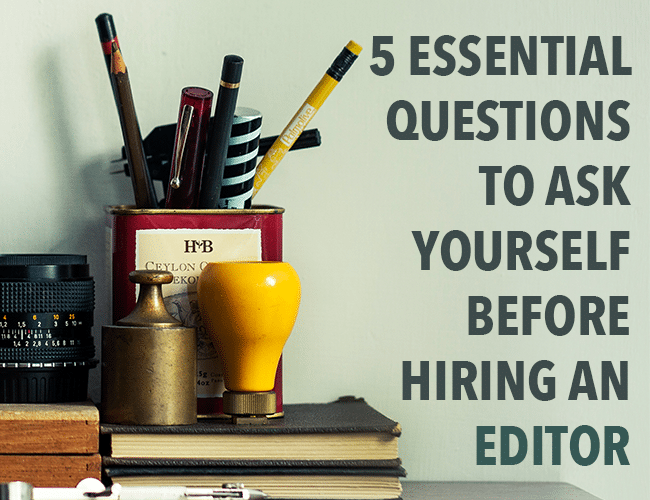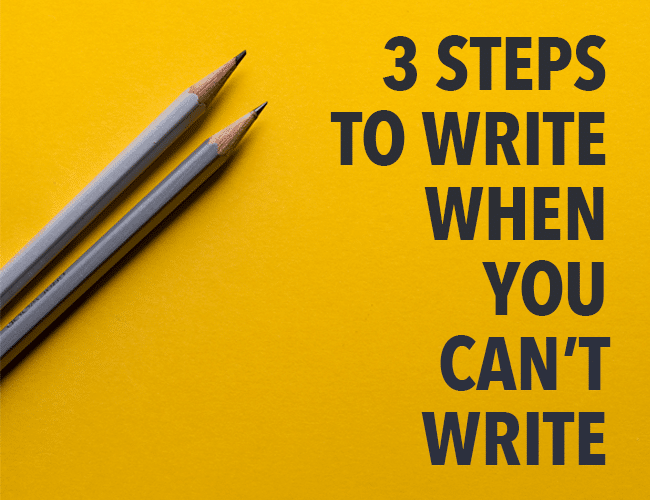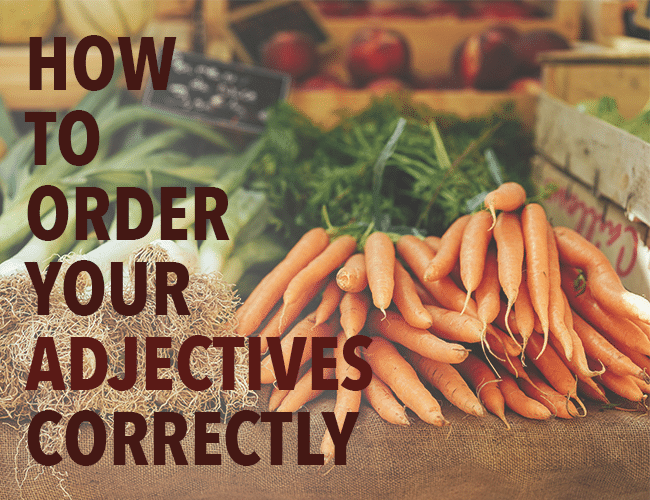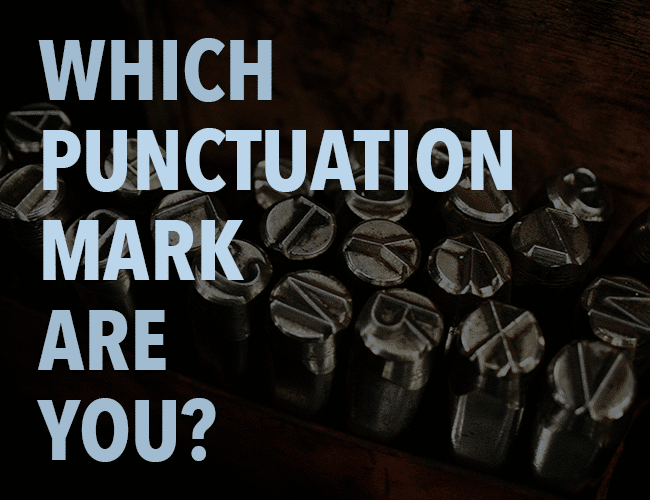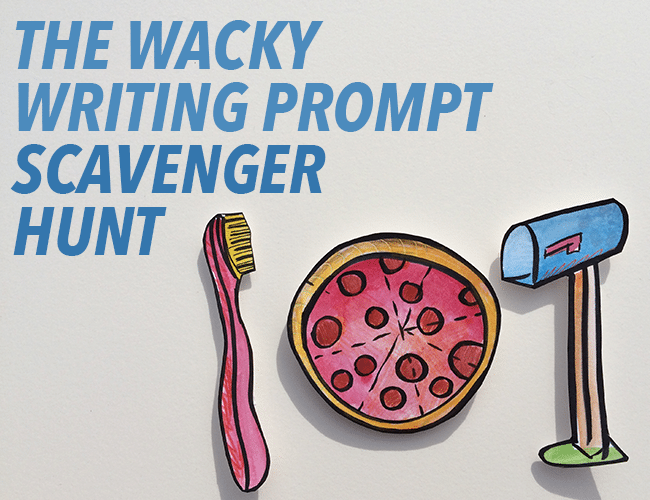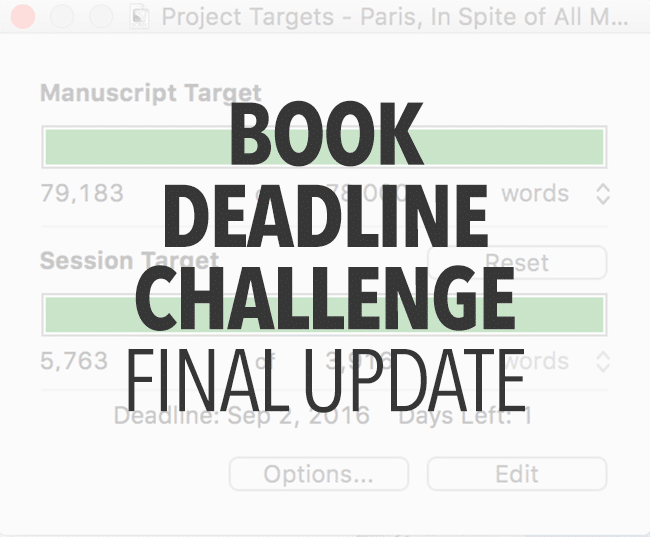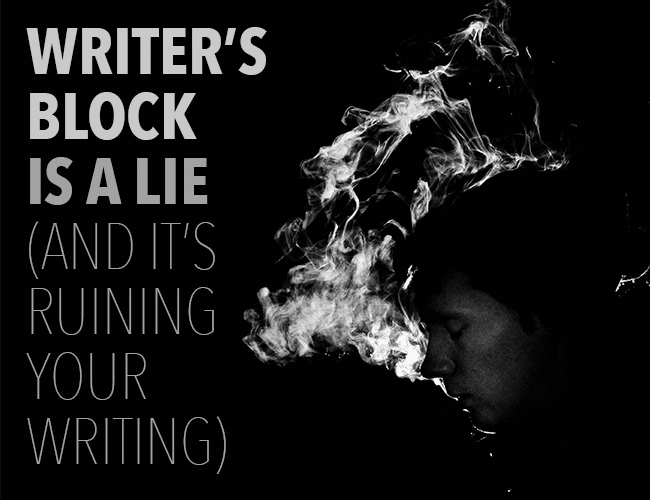You finally finished writing your book. There’s a glimmer of hope that the end is near. It’s time to pass your rough draft on to an editor to clean it up, right?
Not so fast. Have you revised it yourself yet?
What a lot of bestselling authors and writing coaches will tell you is the hard part of writing a book is not writing the book. The hard part is rewriting your book.
